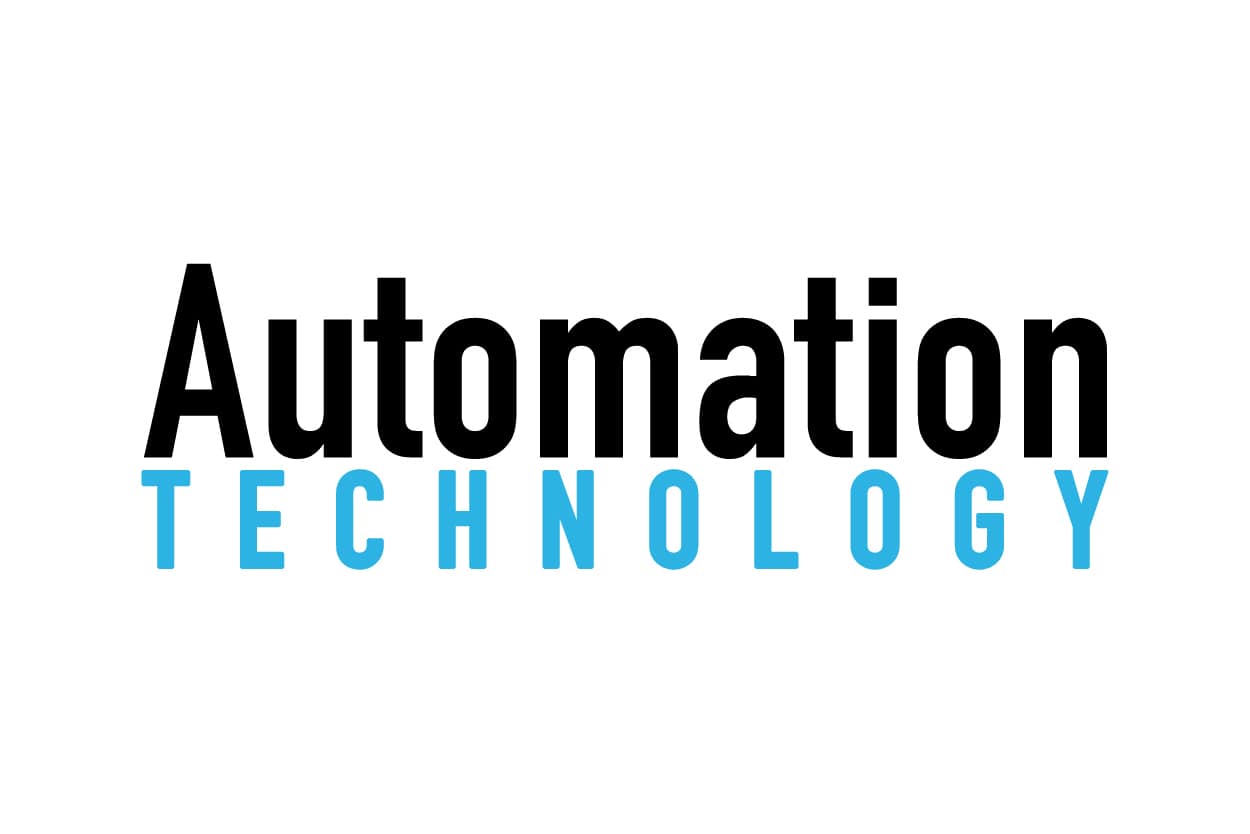Passion and innovation with automation
2 October 2023

For the first time, the top 10 companies in Automation Made in Italy shared their stories at the recent SPS Italia event. Discover the Italian way of automation, characterized by passion, innovation, flexibility, constant pursuit of excellence, and exploration of new application areas.
Saying "Made in Italy" is easy. In an innovative, complex, and strategic industry like Industrial Automation, a dedicated roundtable was needed to showcase the leading companies. Hosted by Automation Technology, Anipla, and AIS, this unprecedented event at SPS Italia in Parma exceeded expectations. It gathered inspiration, trends, and industrial strategies from key players in the field. All of them are strictly Italian in terms of headquarters and capitalization, and all are technology manufacturers, ranging from sensors to the Cloud, encompassing electrical panels, electromechanics, industrial electronics, pneumatics, robotics, and the new digital disciplines of Industry 4.0. Let's see how the protagonists responded to our questions.
How does your company fit into the landscape of Automation Made in Italy?
Mark Olding (Exor International): Our company's mission is to do business today and tomorrow. But to achieve that, you have to offer value to your customers. And that's what we have been doing for over 50 years. Only 30% of our revenue comes from Italy, the rest is primarily generated in countries like the United States, India, Germany, and Australia. We specialize in Edge Computing, HMI, and industrial automation platforms. Our approach and management style prioritize solving the customer's problems. In a way, we rely on rational chaos, which results in aesthetically pleasing and high-performing products. By skillfully combining materials such as steel, glass, and others, sometimes defying the laws of physics, we are amazed by the beauty and efficiency of the final result.
What does innovation mean for your company?
Mark Olding (Exor International): We have around 20,000 global customers, but only a small percentage of them have a system that offers advanced services. Globally, there are actually very few companies that have started developing integrated services within their products. We believe it is crucial for the survival of companies to complete this process of servitization within 5-10 years. This awareness is not always present at the entrepreneurial level. Our strategy is to continue developing an industrial automation platform, providing services and data that machine builders need today and will increasingly require in the future. We have acquired a SoftPLC company and utilize a field management application to manage company assets. These tools are already available. When the company is ready for the profound change I speak of, Exor already has the platform ready for this purpose. In this regard, we have written a book called "Servitization." The challenge we face is not so much technological but primarily cultural, as many companies are resistant to change.


